|
BLOG
Korte and Associates
News
GET THE LEGAL ASSISTANCE YOU REQUIRE AT THIS MOMENT
|
What to Do If Your Landlord Is Evicting You
Facing eviction can be overwhelming, but understanding your rights and options can make a difference. Learn the steps to take if your landlord is evicting you, from understanding legal notices to seeking legal assistance in Florida.

Receiving an eviction notice can be stressful, but knowing your rights and legal options can help you navigate the process effectively. In Florida, landlords must follow specific legal procedures before removing a tenant. Understanding these steps can help you take the appropriate action.
Step 1: Review the Eviction Notice
The first thing to do when you receive an eviction notice is to carefully read it. Evictions typically fall into three categories:
- Nonpayment of Rent – If you’ve fallen behind on rent, you may have a few days to pay before legal action begins.
- Lease Violations – This could include unauthorized occupants, property damage, or other breaches of your lease.
- End of Lease or No Cause – If you’re on a month-to-month lease, a landlord can ask you to leave with proper notice.
Step 2: Know Your Rights
As a tenant, you have legal rights. Florida law requires landlords to provide proper notice before proceeding with an eviction. Some key tenant protections include:
✅ The right to a court hearing before being removed from the property.
✅ Protection from self-help evictions—landlords cannot change locks or shut off utilities to force you out.
✅ The ability to contest an eviction in court if you believe it is unjust.
Step 3: Respond to the Eviction Notice
Ignoring an eviction notice can lead to a default judgment against you. Depending on the situation, you may be able to:
- Pay past-due rent to avoid eviction (if applicable).
- Negotiate with your landlord for more time or an alternative resolution.
- File a response with the court to contest the eviction if you believe it’s unlawful.
Step 4: Seek Legal Assistance
Eviction cases can be complicated, and having an attorney on your side can make a difference. An experienced tenant lawyer can:
- Review your case and advise you on possible defenses.
- Represent you in court to challenge improper evictions.
- Help negotiate a settlement with your landlord.
Step 5: Prepare for the Next Steps
If an eviction cannot be stopped, planning ahead can help reduce stress. Consider:
✔ Looking for alternative housing options.
✔ Gathering necessary documentation if you need to contest the eviction.
✔ Applying for rental assistance programs if financial hardship is a factor.
Need Legal Help with an Eviction?
Every eviction case is different, and professional legal advice can provide clarity. If you’re facing eviction in Florida, consider speaking with a tenant lawyer to understand your rights and options.
📞 Have questions about eviction laws? Contact our team today.
CONTACT
8895 N Military Trail, Suite 200C, Palm Beach Gardens, FL 33410
bkorte@kortepa.com

Korte and Associates
This website has been built to be accessible for all users. If you experience any difficulty in accessing this website, please contact us for assistance.

